From a global conflict to a growingly dishonest political culture to the rise of Big Pharma; it’s fair to say that we live in troubling times. But for George Orwell and Aldous Huxley, these issues were foreseeable. In this article, Dr Emrah Atasoy compares the seminal works of Orwell’s 1984 and Huxley’s Brave New World, and explores how we can use fiction as a guide to help identify and overcome the issues within reality.
In a world heavily stricken by disaster and tragedy, we may of late find ourselves asking whether we live in a utopia or dystopia. With the COVID-19 pandemic, the ensuing global inflation, rampant consumerism, the war between Ukraine and Russia, post-truth politics, global migration, refugee, and humanitarian crises in the aftermath of various troubles in various countries such as Syria, Afghanistan, and Rwanda, rigid explicit or implicit social stratification, the looming ecological collapse, Anthropocentrism, and the recent deadly earthquakes in Türkiye and Syria, the world of today often appears closer to a dystopia than a utopia.
This begs the question of whether dystopia exists only in the fictional imagined realm; that is, whether or not alternative world systems and societal orders portrayed in dystopian narratives are based on mere fiction rather than life itself. My answer would be both, depending on which side you are looking at, as the pendulum is constantly swinging. Our experiential reality under the influence of today’s world conjuncture across the globe has once more made us grasp the power of literature and speculative narratives that are massively inspired by the societies in which they are produced, acting as cautionary and inspirational works. In this post-pandemic and post-Anthropocentric world, it has now become almost impossible to talk about utopia and dystopia as two opposites, a binary opposition, because they have an intricate and entangled relationship with each other, which has revealed the drastic necessity of renouncing dualistic thinking, that is, the obsession with interpreting everything around us in dichotomies, as black or white. That is to say, there is probably always a utopian aspect to a dystopian narrative or a dystopian aspect to a utopian narrative for some parties.
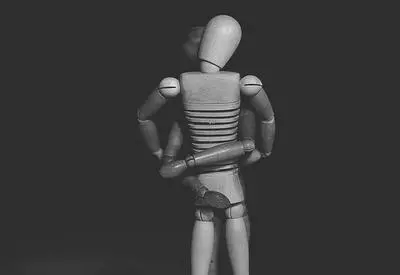 SUGGESTED READING
Sex, art and technology
By Abraham Olivier
SUGGESTED READING
Sex, art and technology
By Abraham Olivier
In this transitionary period, Aldous Huxley’s Brave New World (1932) and George Orwell’s Nineteen Eighty-Four (1949) come to mind whenever the word dystopia is spoken of as the two pioneering cult texts. These classic dystopias seem to depict completely different world orders; however, the rulers’ ultimate motivation in these respective novels remains the same: to circumvent possible dissent and uprising against their repressive regimes and to have total conformity and submission, in order to maintain absolute power and govern in line with their interests accordingly, even though their means are disparate. Through the allowance and constant promotion of promiscuity, soma, and consumerism in a joyful and escapist manner, Huxley’s hedonist dystopia Brave New World creates temporary illusionary pleasures and happiness in a hedonistic sense. Through numerous means such as promoting freedom of sexuality, the use of the drug soma, and happiness (“The world’s stable now. People are happy; they get what they want and they never want what they can’t get. They’re well off; they’re safe . . . they’re so conditioned that they practically can’t help behaving as they ought to behave” (Brave New World 193-94), people are kept in a drugged and passive state.







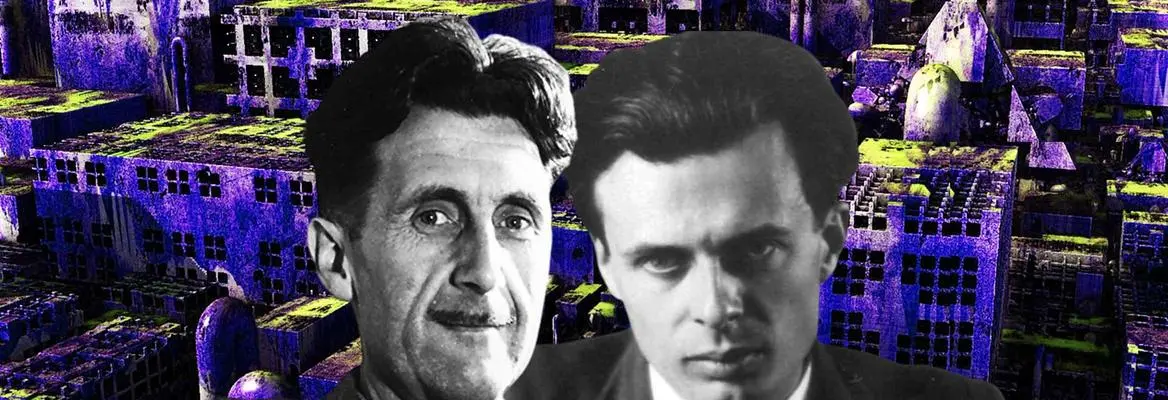


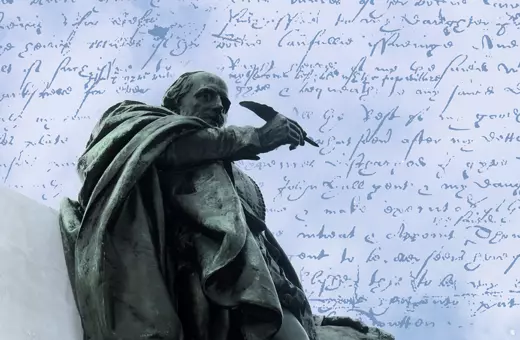
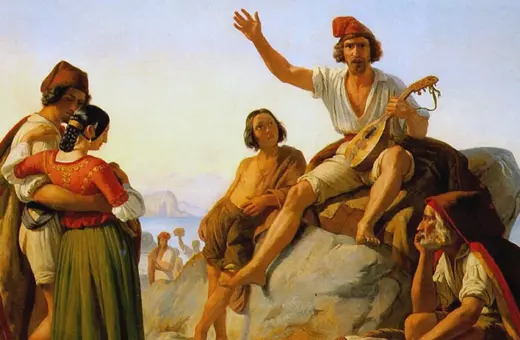
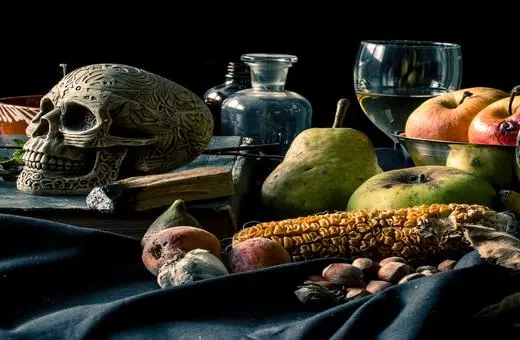


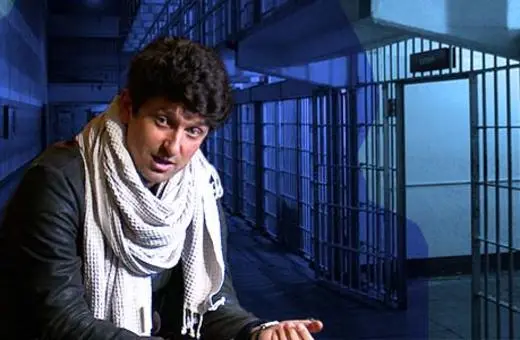
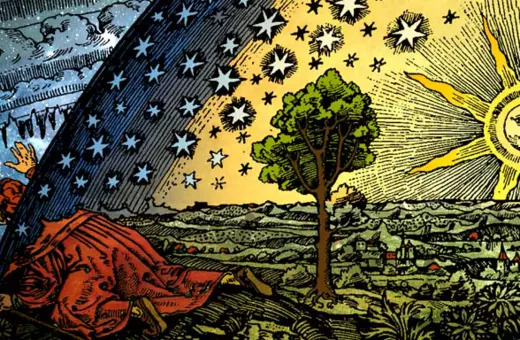
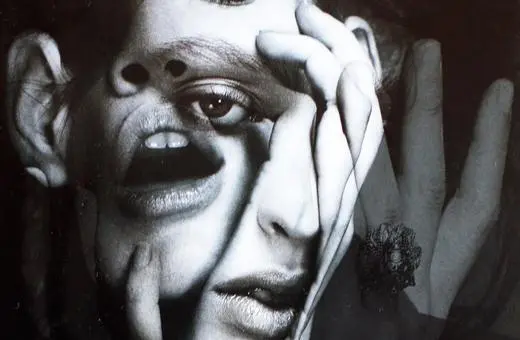



Join the conversation